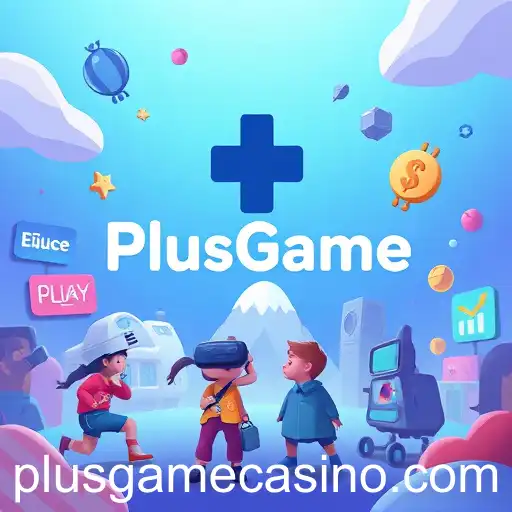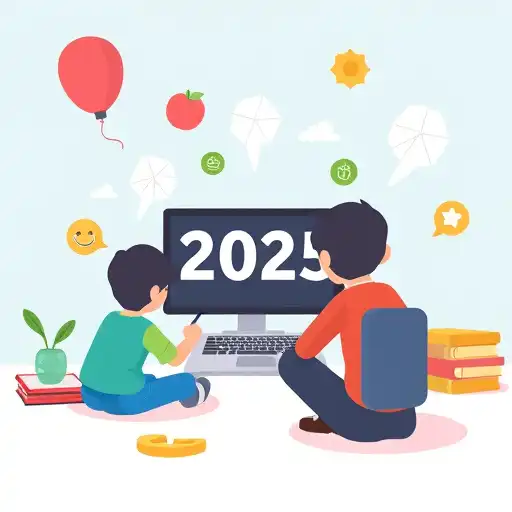Educational Games


The Rise of Educational Games: Unlocking Learning Through Play

In the ever-evolving landscape of digital learning, educational games have emerged as a powerful tool to engage learners of all ages. By combining the appealing elements of gaming with educational content, these games offer a unique approach to learning that is both fun and effective. The category of "Educational Games" on websites, often identified by keywords like "plusgame," reflects this growing trend and the potential it holds for transforming traditional educational methods.
Educational games are designed with the primary goal of teaching specific skills or concepts. Unlike traditional classroom settings, these games leverage interactive and immersive environments to captivate learners' attention. From language and math to science and history, educational games encompass a wide range of subjects, catering to diverse learning needs. This variety ensures that learners can find games tailored to their interests and academic requirements.
One of the significant advantages of educational games is their ability to personalize learning experiences. Many games adapt to the learner's pace and provide instant feedback, allowing users to progress as they grasp new concepts. This adaptability not only accelerates the learning process but also boosts the learner's confidence in their abilities. Additionally, the use of multimedia elements such as animations, sound effects, and narratives can make complex topics more accessible and less intimidating for students.
The keyword "plusgame" exemplifies the integration of these educational tools into digital platforms. It signifies a collection of games designed to complement and enhance the learning experience. Moreover, the ease of access to these games through smartphones, tablets, and computers means that learning is no longer confined to the classroom. Students can practice and improve their skills anytime and anywhere, making learning a continuous and engaging process.
Furthermore, educational games have the potential to foster collaborative learning. Many games include multiplayer options or encourage group participation, allowing learners to work together to solve problems or achieve common goals. This collaborative aspect helps develop important social skills such as communication, teamwork, and problem-solving.
Parents and educators are increasingly recognizing the value of incorporating educational games into the learning curriculum. These games not only motivate students by making learning enjoyable but also offer insightful performance analytics, enabling educators to tailor instruction according to the learner's progress.
In conclusion, educational games are redefining the way knowledge is acquired, practiced, and retained. As technology continues to advance, the educational gaming industry is likely to produce even more innovative and effective learning solutions. The "Educational Games" category, with tools like "plusgame," is leading the charge in making education a dynamic, engaging, and accessible experience for learners worldwide.
Gaming Industry Sees Transformation
The gaming industry undergoes significant changes with emerging technologies and platforms.
The Rise of PlusGame: A Portal to Fun and Learning
Exploring the growth and impact of PlusGame, a leading platform in the online gaming industry.
The Rise of Gamification in Education
Exploring the impact of gamification in modern education through innovative platforms like Plusgame.
 Skip to content
Skip to content




